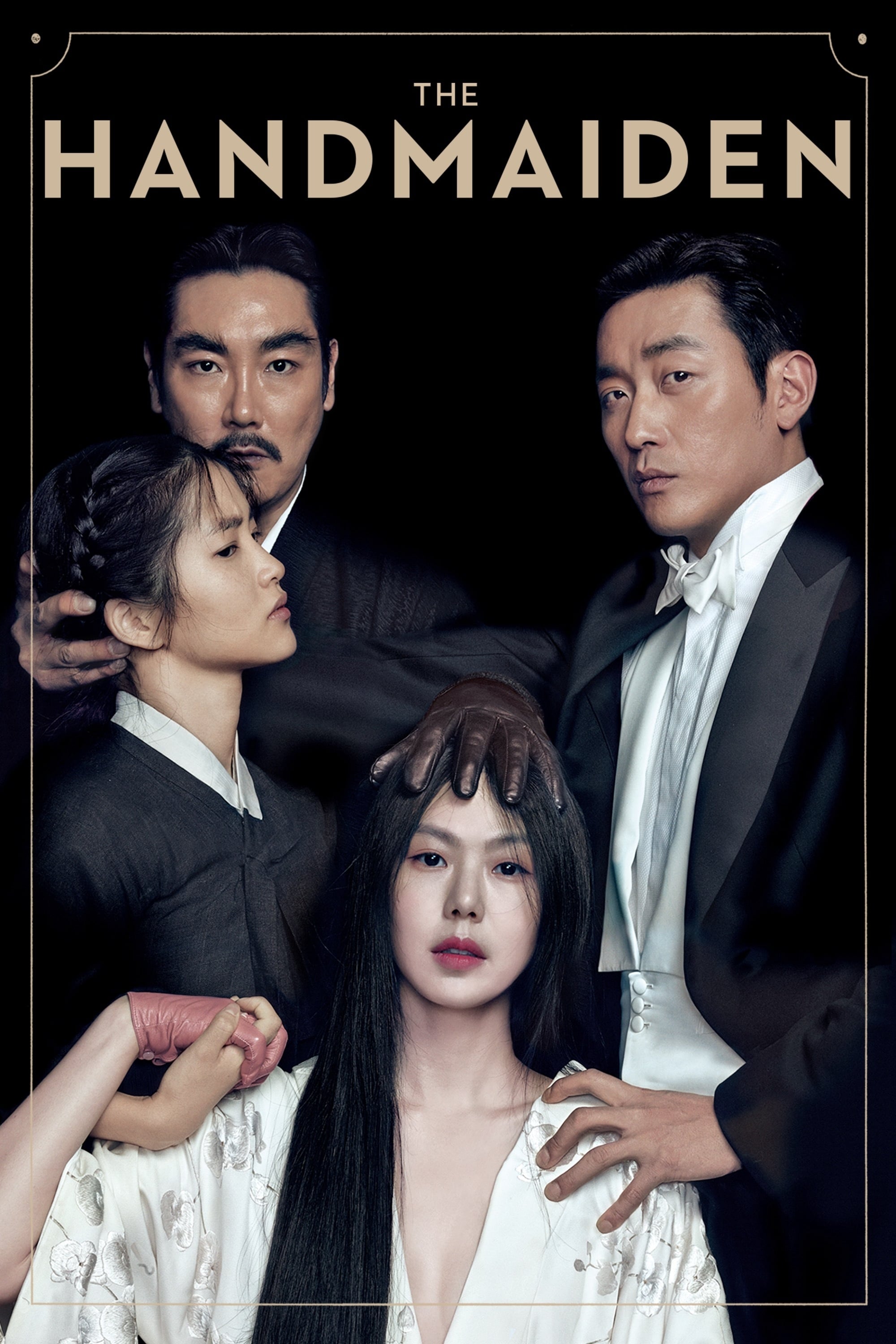

Park’s cult reputation for excess invites a pulpish prurience from his Western fans. And the attempt to sort out these truths and pleasures must reckon with the national and colonial coding of sexuality the question of voyeurism is also a cultural one. In The Handmaiden epistemology and desire are hopelessly entwined, like a long-tressed maiden caught in the tentacles of an octopus. But why look for the truth of sexuality in the gothic, a genre indelibly imprinted by the unconscious? Here fantasy reigns. The problem for reviewers seems to be that the film’s image of lesbianism isn’t genuine in an epoch when it could be. Waters’s commitment to narrating lesbian desire survives the change in medium. The Handmaiden is put in the column with another titillating Cannes darling directed by a man, Blue Is the Warmest Color (Abdellatif Kechiche, 2013), under the heading “male gaze.” “Is The Handmaiden liberatingly erotic or a male wet dream?” asks Tim Robey’s article in The Telegraph. Critics have generally been appreciative of this lush yet cheeky adaptation, though reviewers of both genders tsk-tsk over the lack of verisimilitude in the film’s lesbian sex scenes.


This stylish and twisty Korean thriller remains true to the oeuvre of its director, revenge-plot master Park Chan-wook ( Oldboy, 2003 Lady Vengeance, 2005), and to its source text, the novel Fingersmith by Victoriana mistress Sarah Waters. A hit at this year’s Cannes film festival and when it opened in Korea over the summer, The Handmaiden ( Ah-ga-ssi) is now in limited release.


 0 kommentar(er)
0 kommentar(er)
